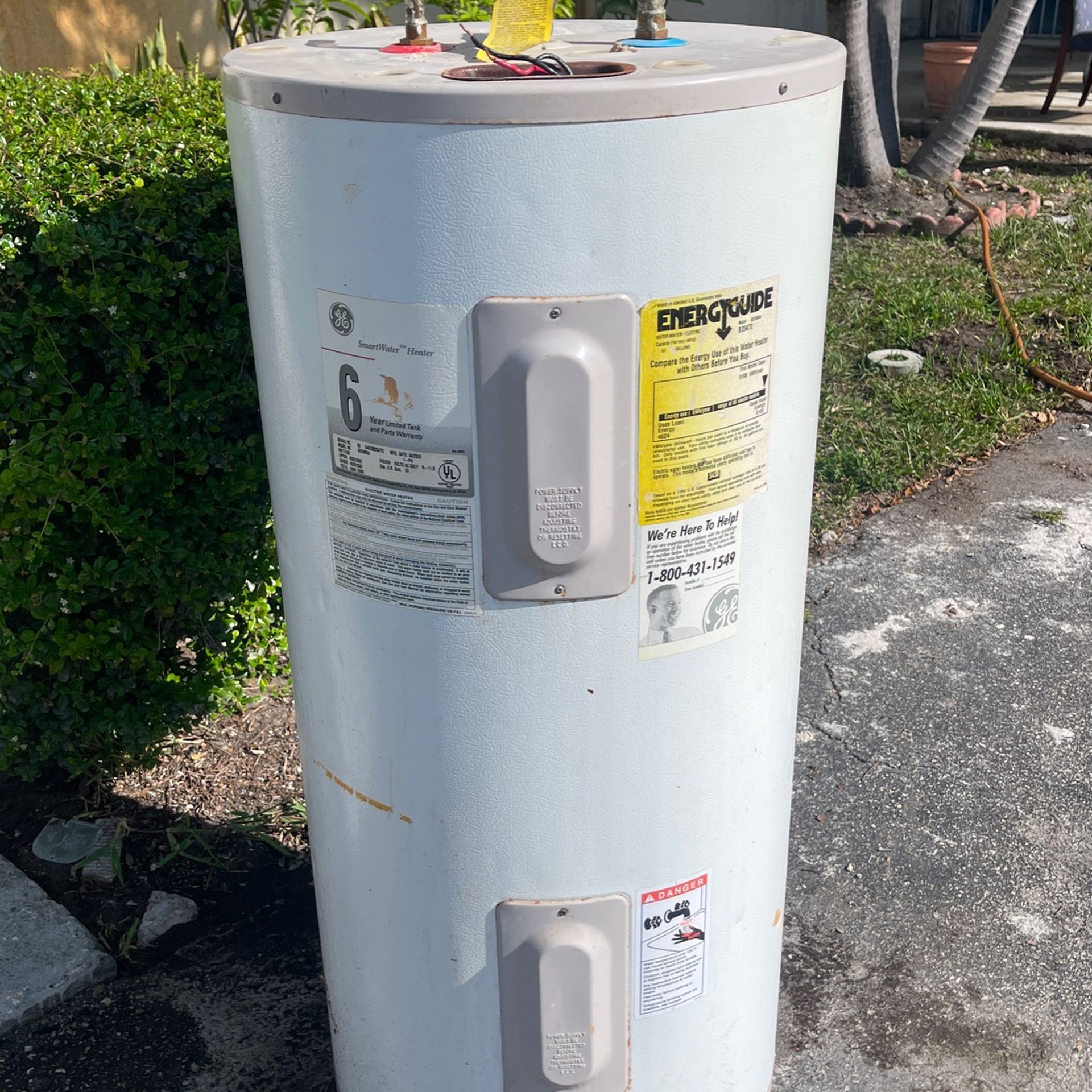Critical Measures for Home Owners Managing Broken Hot Water Systems
Critical Measures for Home Owners Managing Broken Hot Water Systems
Blog Article
They are making a few great points regarding How to Avoid a Broken Hot Water Heater as a whole in this content which follows.

Whether it is located in the cellar or a separate area, broken water heating units can trigger stress and anxiety. Having no hot water supply is additionally frustrating.
Call the Plumber
After doing the first two security steps, you should call your plumber to come right away to deal with a ruptured water heating unit. There are generally indicators that your aging water heater has sediment build-up in the interior.
Don't wait for major flooding to call the plumber. Already, you will need to spend even more to recover your home. Instead, as quickly as you spot these indicators, have a specialist concerned examine your hot water heater tank. Commonly, hot water heater have a lifespan of about 8 to 12 years. With regular assessment and maintenance, you can extend its life.
Cut Off the Cold Water Supply
Cut off the containers tap water supply from the source. This goes from your major water line right into the tank. When your storage tank remains in good condition, the cold water stops filling up when the storage tank is complete. Since it is leaking, the water will certainly proceed to move. Close the valve discovered at the top of the heating system. Revolve this clockwise to shut it off. You have to turn off that primary water supply line outside your residential property if you can not discover it or reach it.
Shut Down Source Of Power
Before calling the plumber, shut down a gas hot water heater by transforming the temperature level dial. This is generally situated on top of the thermostat. If you have a version that operates on electric power, turn off the circuit breaker. This will certainly protect against electrocution, specifically if there is a leakage as water is a conductor. Typically, the heating element shuts off when the water hits a particular temperature. With a damaged storage tank, it may malfunction. Sufficing off ensures you stay safe.
Tidy up Residential or commercial property
After calling the plumber, record damages by bearing in mind and images so you can claim your homeowner's insurance. From there, begin the immediate cleaning. Secure any vital items to avoid further saturating. Then, get rid of any type of standing water to stop mold and mold growth. Use that to drain the water if you have a completely submersible water pump. Otherwise, the traditional pail technique will certainly likewise function. Try to mop out every little thing, including walls and walls. Maintain them running to maintain air distributing if you have an electrical fan as well as dehumidifier. This will certainly help deter mold growth.
Remember, if you discover any type of issues with your water heater, call the pros as soon as possible. You can not take this trouble gently because a faulty thermostat can raise water temp to a hazardously high level, leading to unintentional burns. A damaged heating unit stress safety valve can additionally cause an explosion. For finest outcomes, get a yearly check so your device obtains evaluated, cleansed, drained pipes, and also re-filled, assuring optimal performance.
After doing the first 2 safety actions, you need to call your plumber to come right away to repair a burst water heater. Instead, as quickly as you identify these indications, have actually a specialist come to examine your water heater container. Prior to calling the plumber, closed off a gas water heater by turning the temperature level dial. If you have a completely submersible water pump, utilize that to drain the water. Remember, if you see any kind of concerns with your water heating unit, call the pros right away.
MY WATER HEATER BURST – WHAT DO I DO?
WHAT ARE THE SIGNS OF A BROKEN WATER HEATER?
When the water heater ruptures and floods your home, you know you’re in trouble. More often, the unit develops signs of trouble that aren’t as dramatic. These are some of the most common signs that your water heater is about to become a serious homeowner’s headache.
LEAKING
Leaking pipe connections and water pooling under the tank are sure indicators of water heater failure. Leaking is relatively common in tanks that are 6 or more years old.
CORROSION
If you find that you’re having to manually adjust your tank to higher temperatures, corrosion may be an issue. When it affects the valves, it becomes impossible for the hot water tank to produce hot water automatically.
FUNKY WATER
Rusty water coming from hot water taps is often caused by aging pipes in the unit. At the same time, water that is too hot or not hot enough indicates a malfunctioning thermostat or other part.
ODD NOISES
Rumbling, banging or popping sounds are usually signs of sediment buildup in the tank. Have these noises checked immediately to prevent further damage to the tank.
DETERIORATION
Deterioration happens when sediment sits on the bottom of the tank for too long, eventually causing the tank to rust and wear down, causing leaking, corrosion, and a broken water heater.
https://www.servicemasterbyzaba.com/blog/what-to-do-when-water-heater-breaks/

I came across that blog entry about Broken Water Heaters while surfing the web. If you enjoyed reading our blog posting kindly make sure you remember to share it. Thank-you for your time spent reading it.
Click Here Report this page